How To Combat Age-Related Memory Loss (Follow This Roadmap)
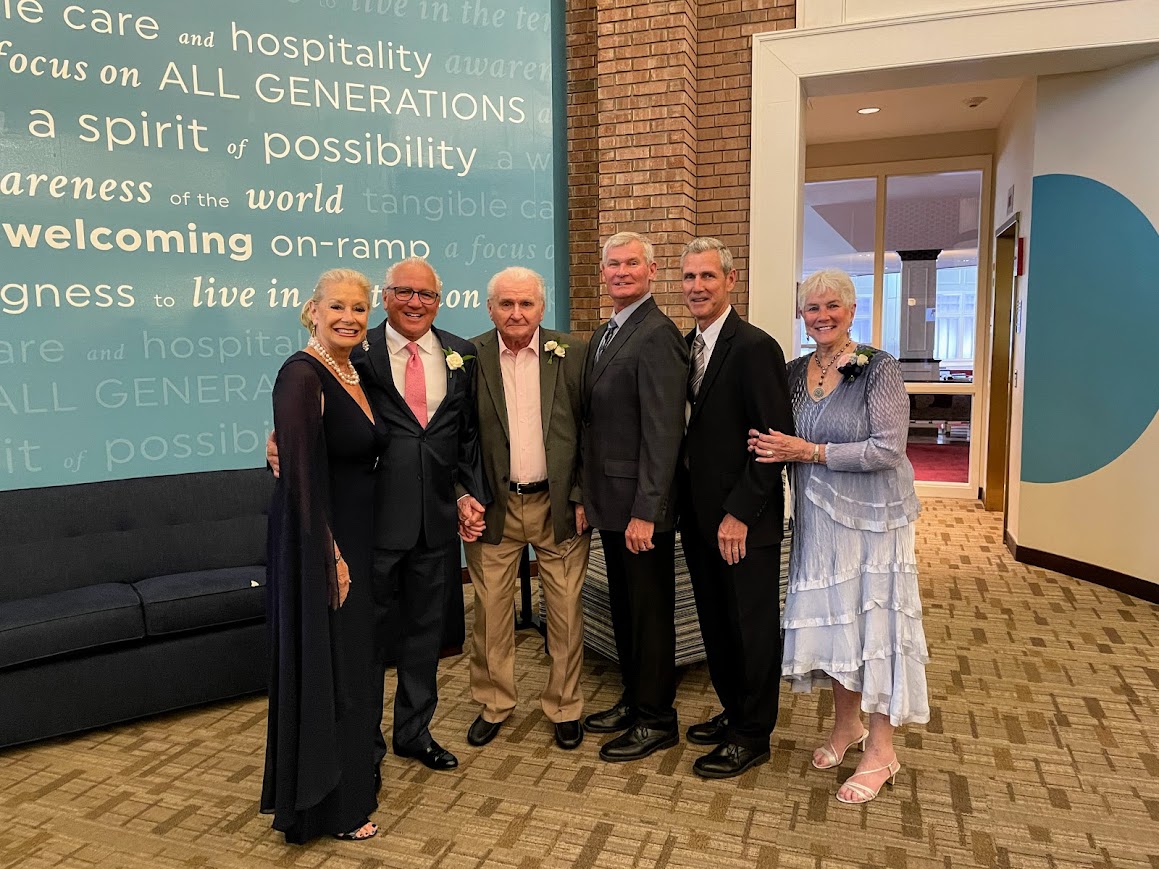
There’s a vast misconception that memory loss is completey uncombatable. Once you notice the signs of memory loss, there’s nothing you can do about it. Needless to say, that’s entirely false; there are ways to combat and deal with age-related memory loss to either delay the serious effects or manage your symptoms. It helps you handle this health concern and make the most out of your life.
How can you do this? Well, this post will outline a roadmap of sorts that you can follow to combat age-related memory loss, depending on how far along you are.
Early Stages of Age-related Memory Loss- Look for Symptoms & Receive A Prompt Diagnosis
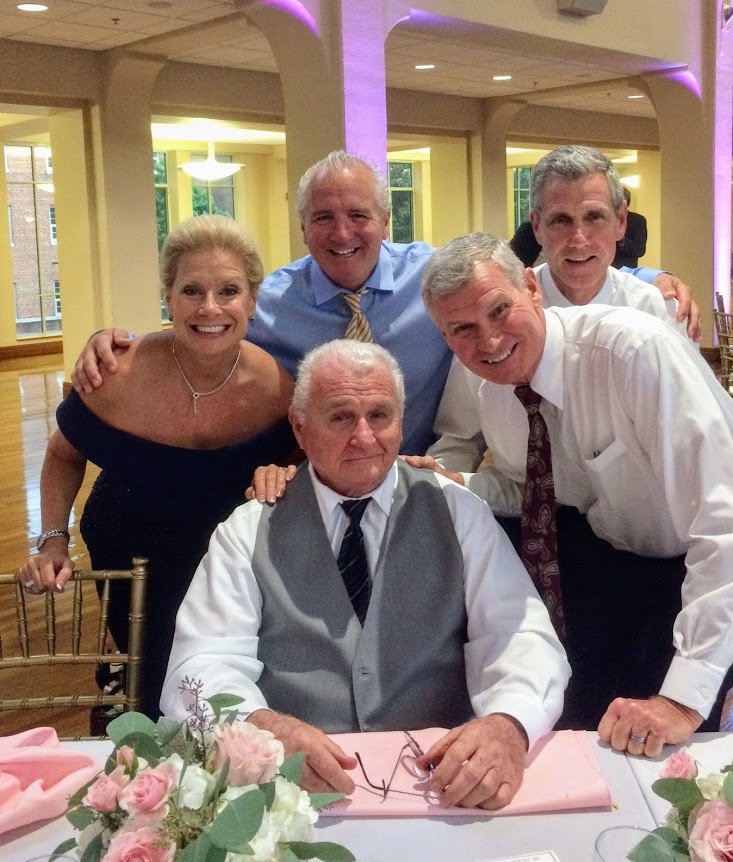
My journey with my father and his memory loss began in 2021. I wrote about it here.
When I became his POA, my brothers and I noticed there were many signs of Dad’s memory loss when we were cleaning out his homes in Florida and Oregon. It was an eye-opening experience seeing little hints that Dad was having issues with his memory, but we were not around to check on him. COVID-19 prevented us from seeing him, but it was evident that he was suffering from memory loss.
Dad is now 90 and living in memory care because he was diagnosed with dementia in 2023, and is no longer able to live in assisted living because he requires more care.
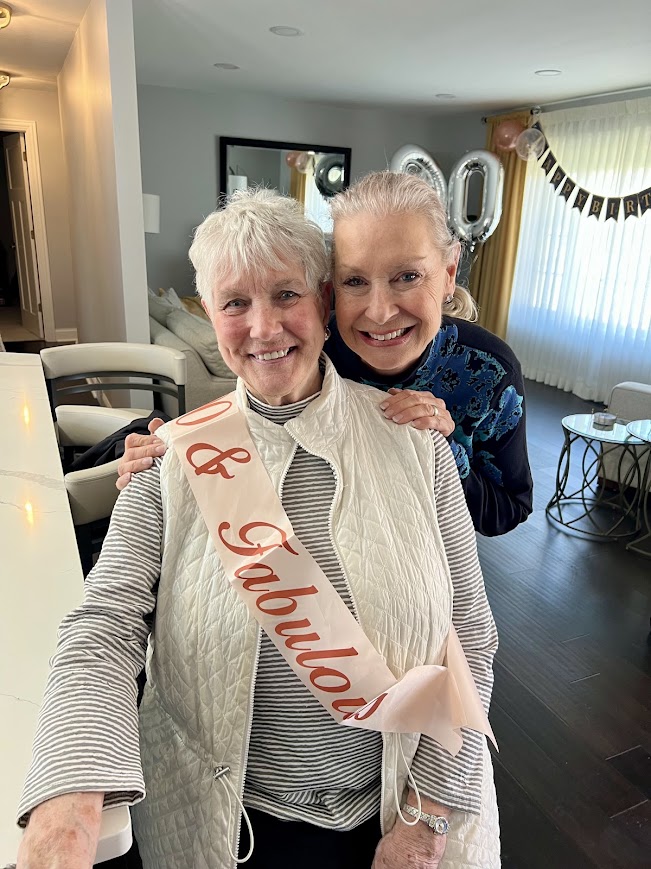
My mother is also 90, but lives in her home and has a very social and active life. She still drives, but we notice that she has some memory loss, which does come from aging. Mom is aware that she is getting more forgetful, but has learned to write down everything, and she does repeat herself a lot. Two different ninety-year-old people, each with age-related memory loss, but one is more severe.
As you approach middle age, you may begin experiencing some early signs of memory loss. This can include:
- Misplacing items and not knowing where you put them
- Forgetting about important things like appointments
- Experiencing brain fog and feeling confused
- Forgetting how to get around familiar places
- Misremembering people’s names
It’s really helpful if you can spot these symptoms and understand that they might indicate age-related memory loss. The sooner you do this, the sooner you can visit a doctor and receive a possible diagnosis. You may have the early signs of dementia or Alzheimer’s, but spotting this early means it’s much easier to treat and delay the impact of memory loss.
Early/Middle Stages – Focus On Healthy Habits
After understanding that you’ve got a memory loss condition, you can focus on healthy habits to try and slow everything down. Now, curing things like Alzheimer’s is impossible. Still, the National Institute on Aging outlines a few practical tips to try and bulletproof your memory and prevent the symptoms from getting significantly worse:
- Learn new skills to focus your mind
- Create and stick to a daily routine
- Make to-do lists to help you remember things
- Engage in physical activity
- Remain as socially active as possible
- Sleep well every night
- Eat a balanced diet to control your blood pressure
- Avoid drinking too much alcohol
Developing a set of healthy habits will help you focus your mind and keep it as active as possible. Again, this isn’t going to “cure” you and help you regain your memory, but it’s a crucial step in preventing or delaying memory loss from getting severely bad.
Middle Stages – Seek Additional Help
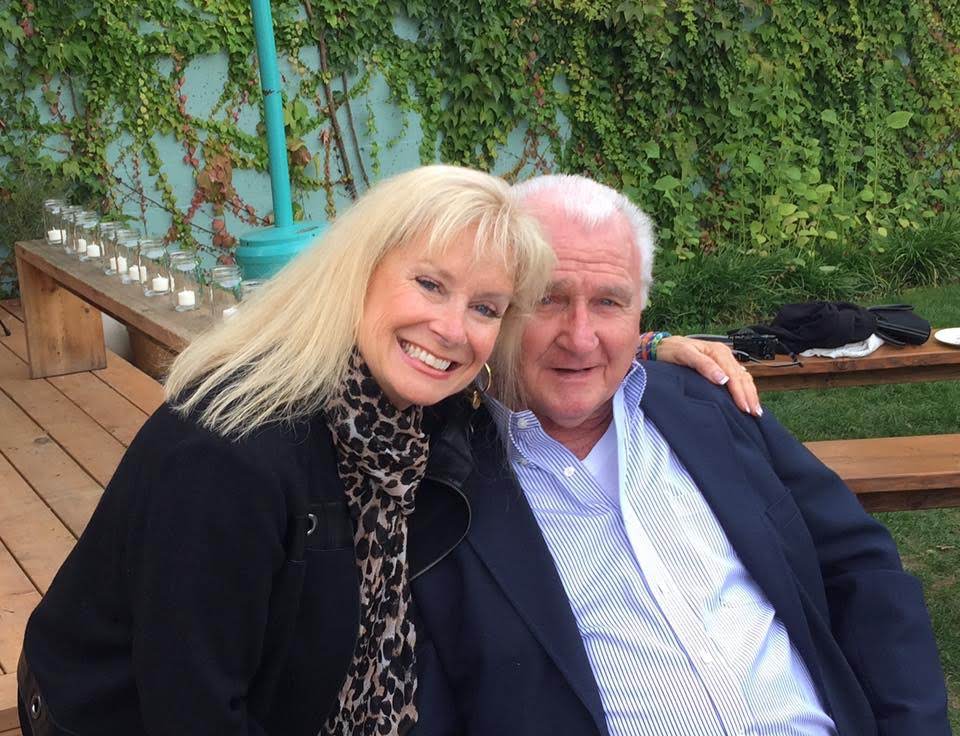
If you’re in the middle stages of dementia, Alzheimer’s, or any other age-related memory loss condition, then you must seek additional help. Up to this point, you can be fairly independent and do all of the things mentioned above to improve your memory. Alas, there may come a point when you need other people to make life easier.
Some of the extra help required might involve safety-proofing your home to prevent trip hazards or interactions with dangerous objects. You may also need a part-time carer who can do certain daily tasks for you while also providing some engaging social activities.
It’s all about taking the weight off your shoulders and getting assistance with different aspects of your life. This gives you fewer things to worry about, and the lack of tasks may mean you don’t trigger some memory loss symptoms. You can focus more on the healthy habits established earlier.
XXOOXX




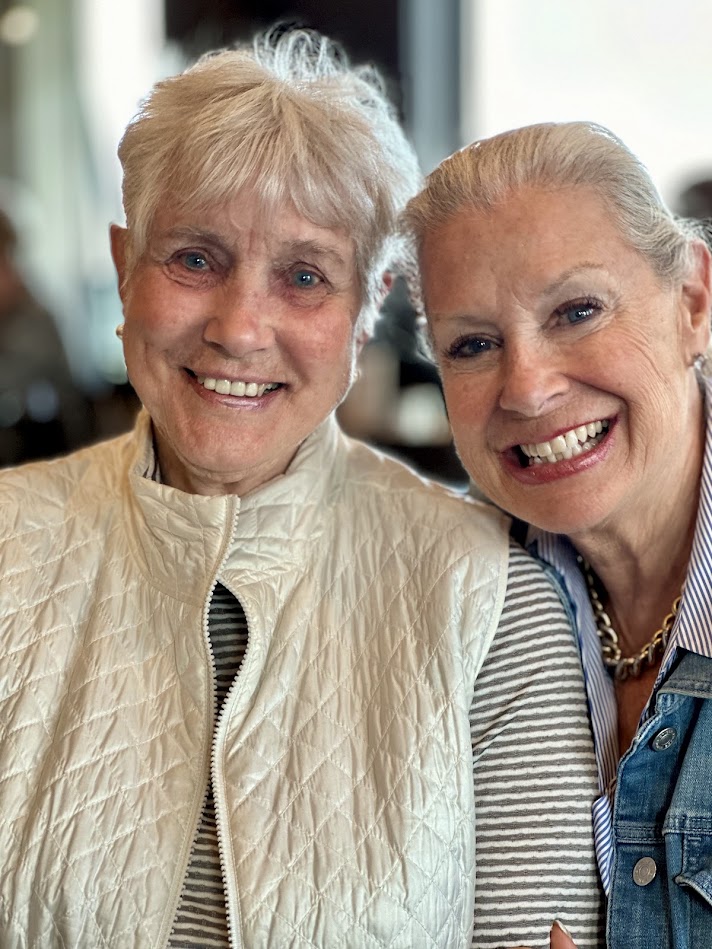



Your writing is not only informative but also incredibly inspiring. You have a knack for sparking curiosity and encouraging critical thinking. Thank you for being such a positive influence!
Love all the photos of you and the family ❤️
I am so happy to have you stop by Shirlee!